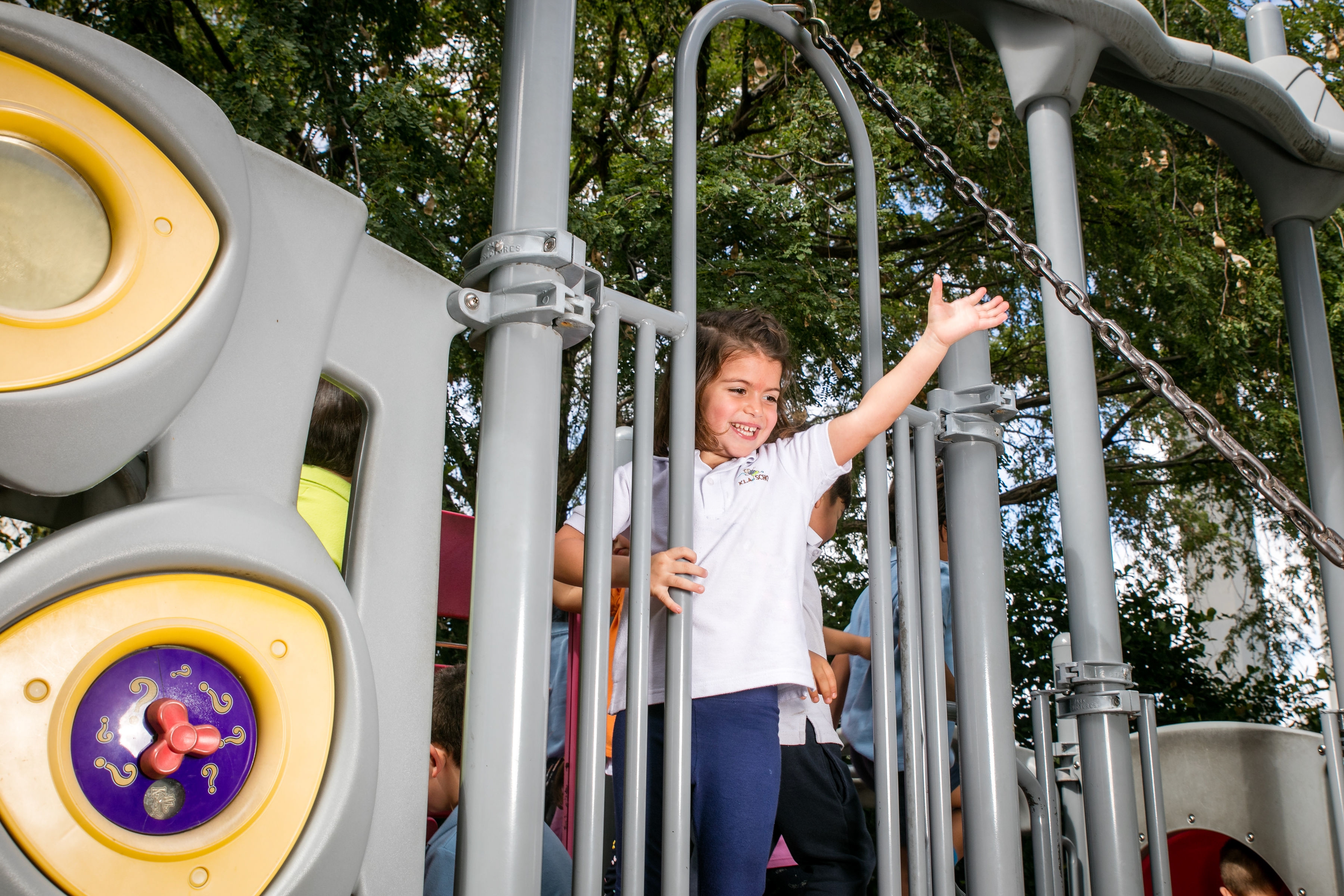Ideas to Support Your Child's Curiosity
Topics: Reggio at Home
Age Range: Preschool
Curiosity is a key component of a child’s lifelong education. With curiosity, a child is empowered to investigate their world, problem-solve, and construct their own knowledge. In a child-centered approach to early learning, a child can follow their own ideas to learn about themselves, others, and the world they live in.
Here are some ways you can support your child’s creativity.
Follow your child’s lead
As adults, we’re accustomed to having our own ways of doing things, or knowing more often how things work. However, it’s important to remember that we all had to learn the things we’re so certain of now. Following your child’s lead when it comes to new ideas and investigations supports them in their learning, and shows them that you believe that their thoughts are worth exploring.
Hold two-way discussions about a problem or idea
Children do look up to adults to understand how the world works, but supporting your child’s own ideas builds confidence and creativity. For example, if you and your child see a group of ducks in a pond, you can ask your child questions like, “How do you think the ducks are floating on the water?” or “What do you think ducks like to eat best?” Then, you can discuss the question together, rather than volunteering the information to your child first.
Allow room for mistakes
It’s important to ensure your child remains safe while exploring their own curiosity, but it’s also important to allow your child to make some mistakes along the way. For example, if your child is building a block tower and tries to balance something too heavy on the top, the blocks will fall over. Rather than getting upset at the mess or telling your child why it happened, support them in wondering why it happened, and trying again.
Model curiosity
Your child is more likely to feel supported in their curiosity if they notice you behaving in the same way. You can be direct about your support of your child’s curiosity, or you can simply allow your child to see you wondering aloud about the solution to a problem, or remaining open-minded to new ideas and different perspectives.
These are just four ways to support your child’s curiosity. Empowering your child to be curious about the world around them is a key factor in their future growth and lifelong learning.

